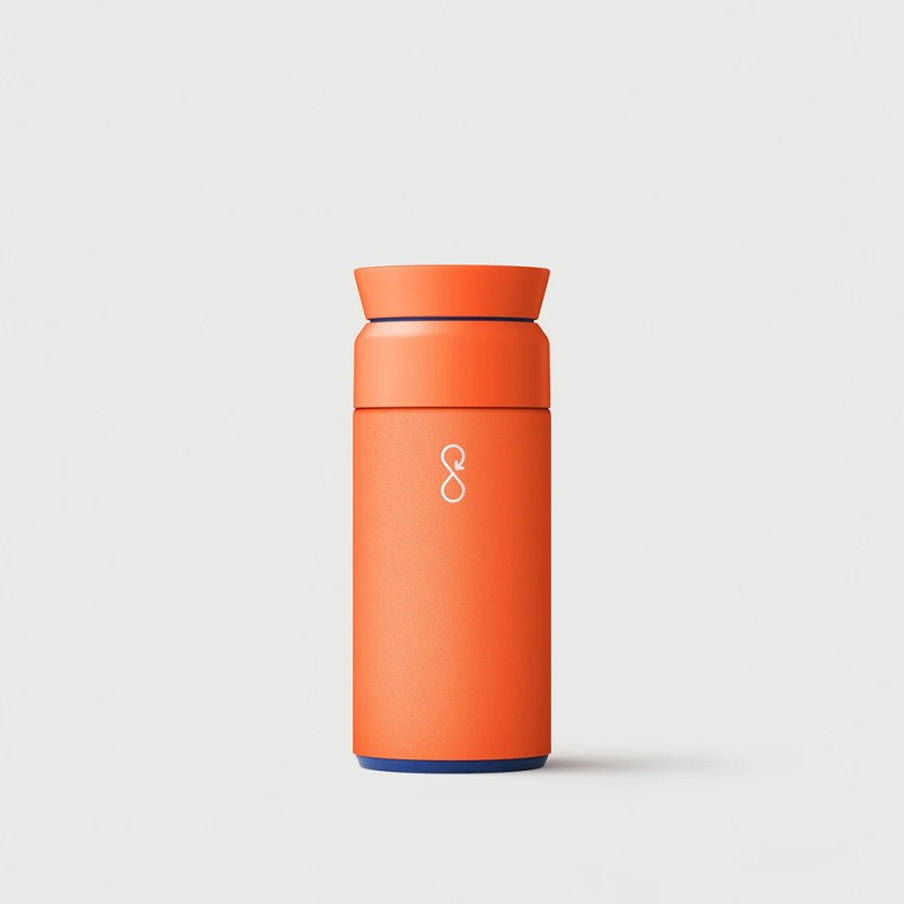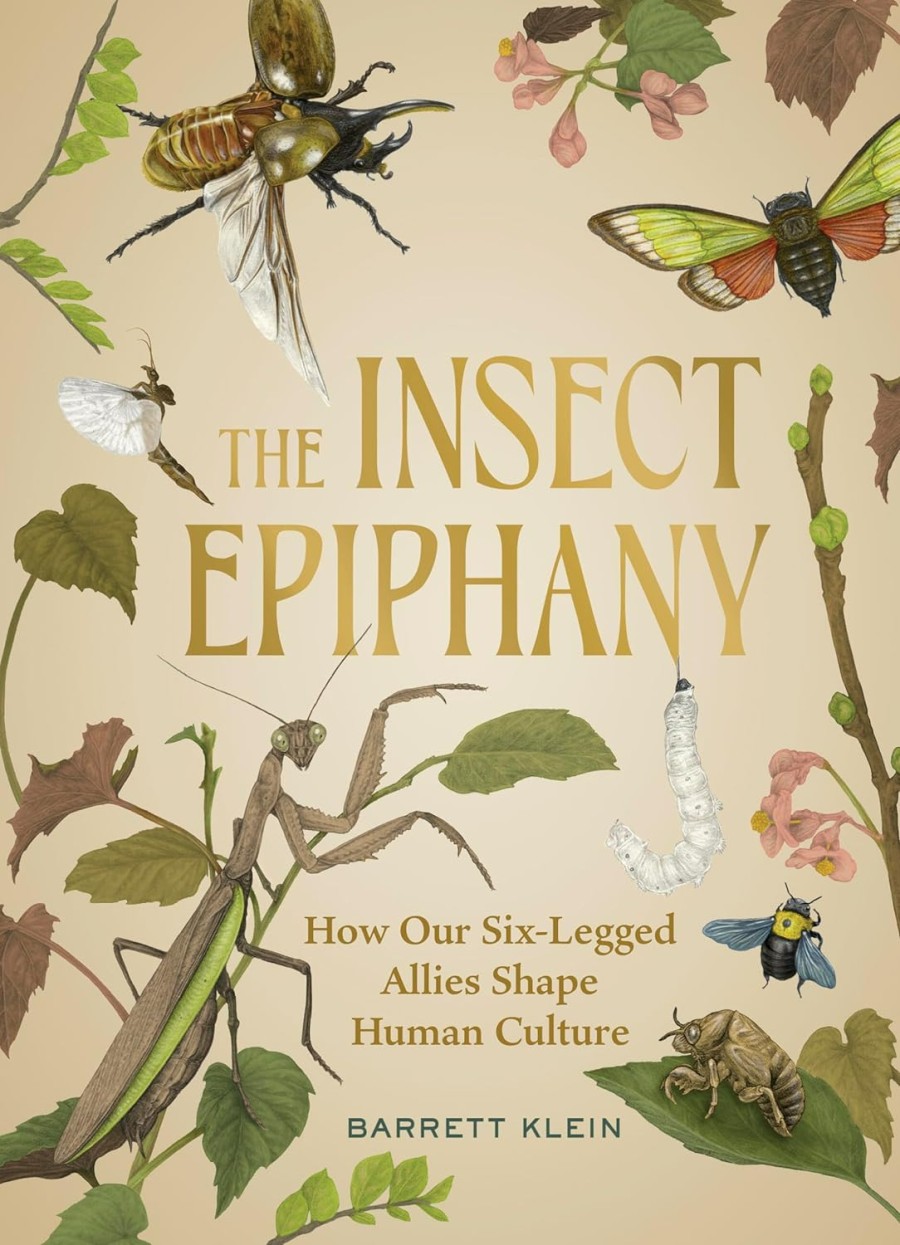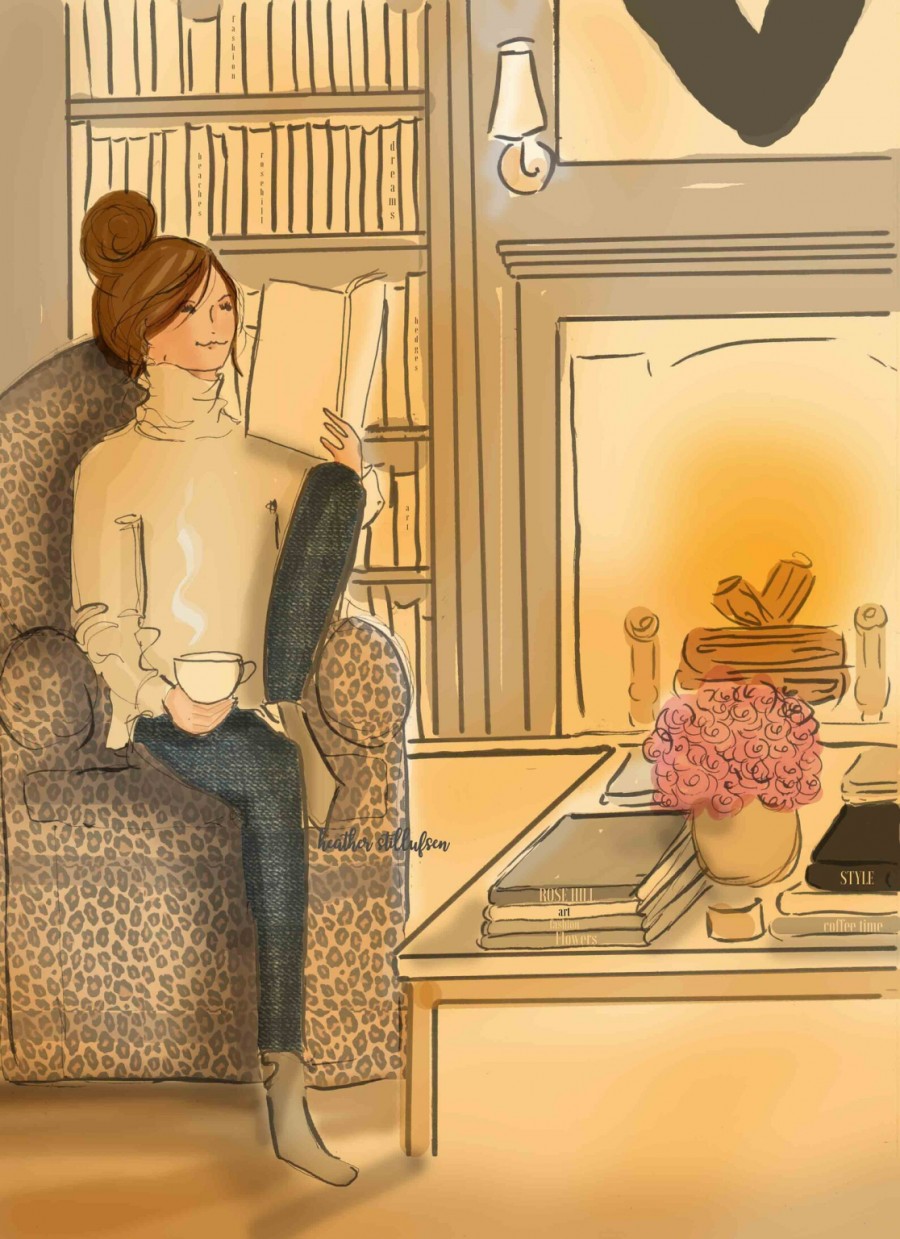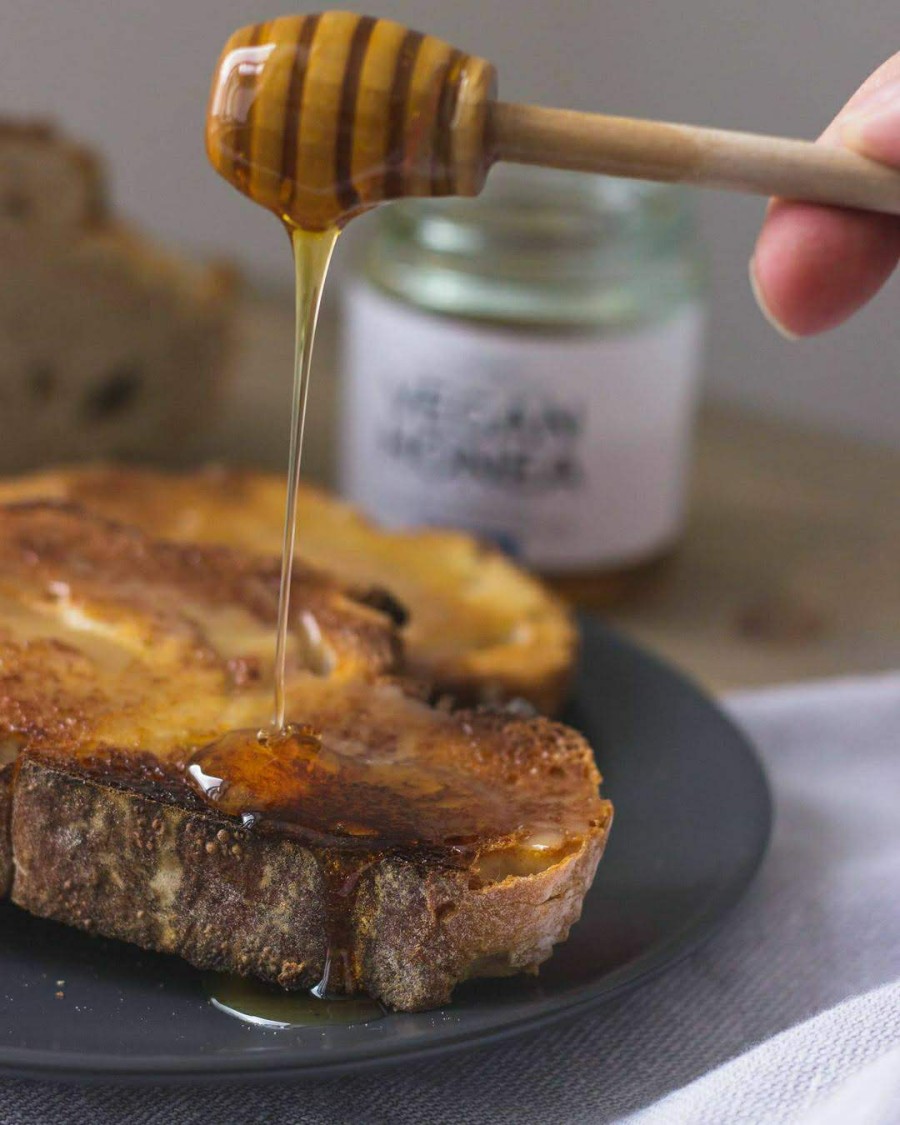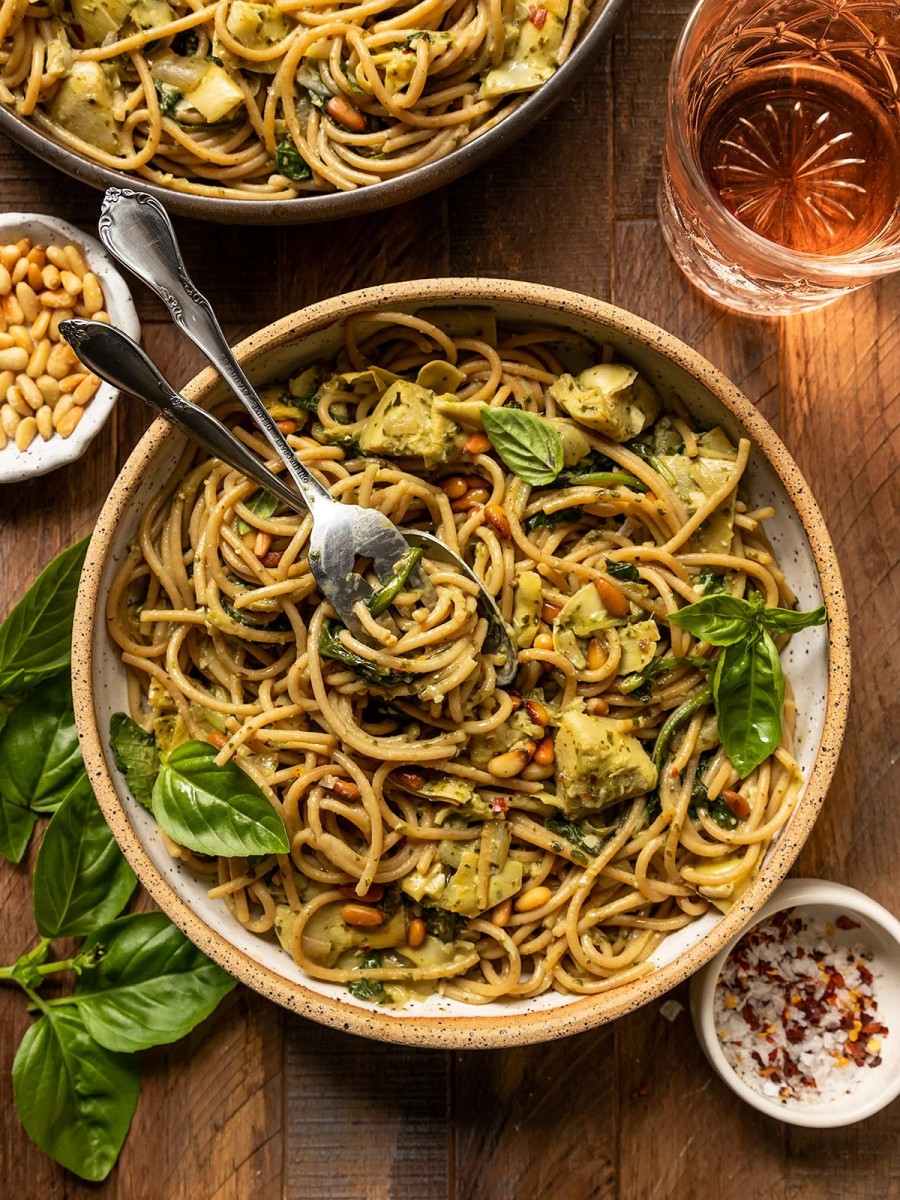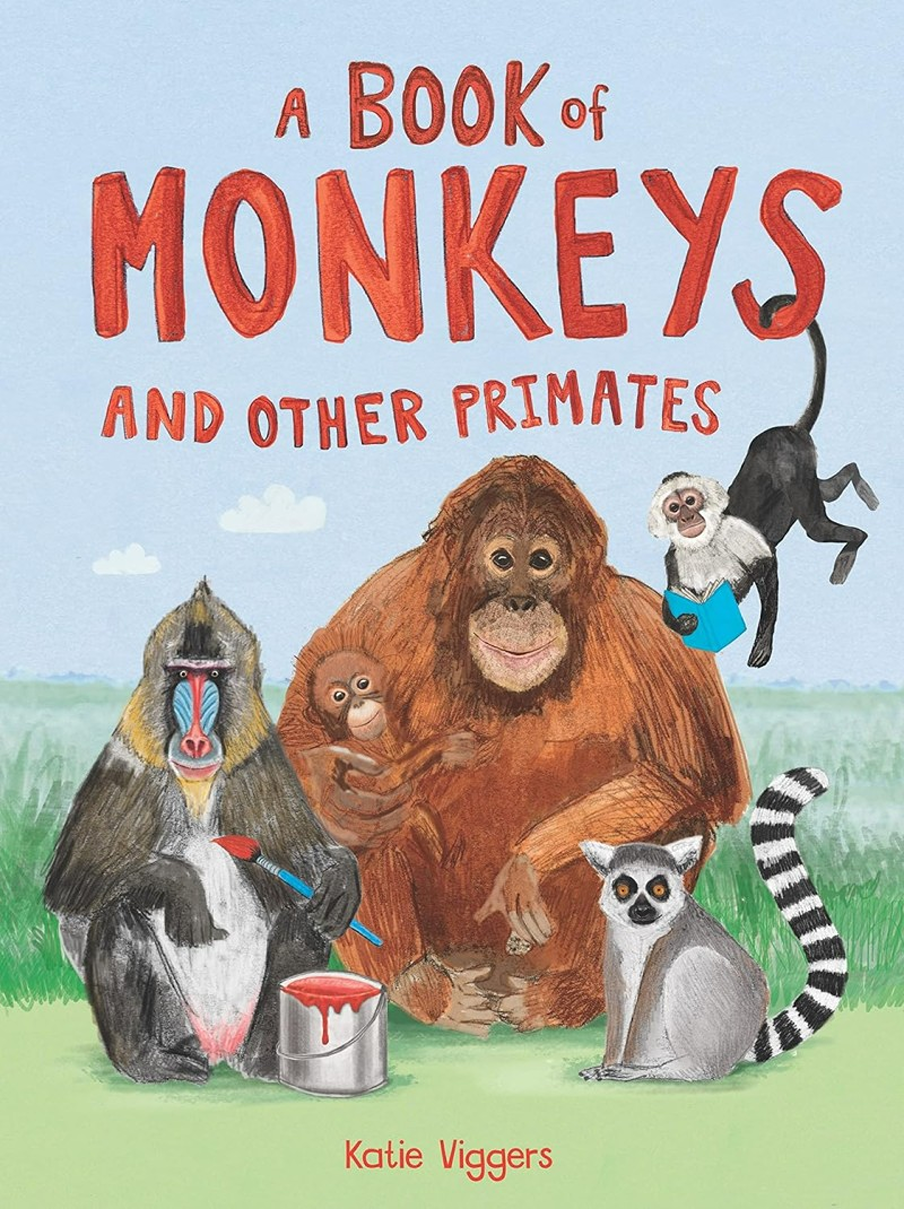
Great apes are our closest relatives, and thankfully we have gone beyond dressing up chimpanzees to ‘take tea’ for TV adverts, but many still are kidnapped from their parents (chimp stay with their mums for around 8 years) and often have their teeth taken out, to provide ‘entertainment’ either for photos or in film and TV. Support Born Free which investigates to stop the bushmeat trade to help African animals, placing rescued apes in sanctuaries.
A Book of Monkeys (and other primates) is a charming book to teach children and adults about our closest relatives. Can you tell a slow loris from a slender loris? Did you know that when it rains, orangutans make umbrellas using leaves? What’s the difference between a monkey and an ape? Discover all these and more monkey facts in this humorous illustrated guide.
From lemurs and tarsiers to gorillas and chimpanzees, the book reveals the social lives of primates, their dining preferences and grooming habits. You’ll even find out which monkey swims, and how the male gorilla impressed female gorillas. If you wnat to know your chimp from your bonobo (or find out what a macaque likes to eat for lunch), this is the perfect book for you.
There are a few ‘great apes’ and one species is us! The others are gorillas, orangutans and chimpanzees (peaceful bonobos are very closely related to us).
We don’t need caged great apes in zoos to conserve them. Most are bored out of their brains, some gorillas are castrated (to make them ‘easier to handle’) and there is even talk of killing some, due to ‘zoo overcrowding’. Born Free supports Limbe Wildlife Centre, which conserves gorillas and chimps in natural habitats in Cameroon, Africa, rescued from the wildlife trade.
avoid palm oil, to help orangutans
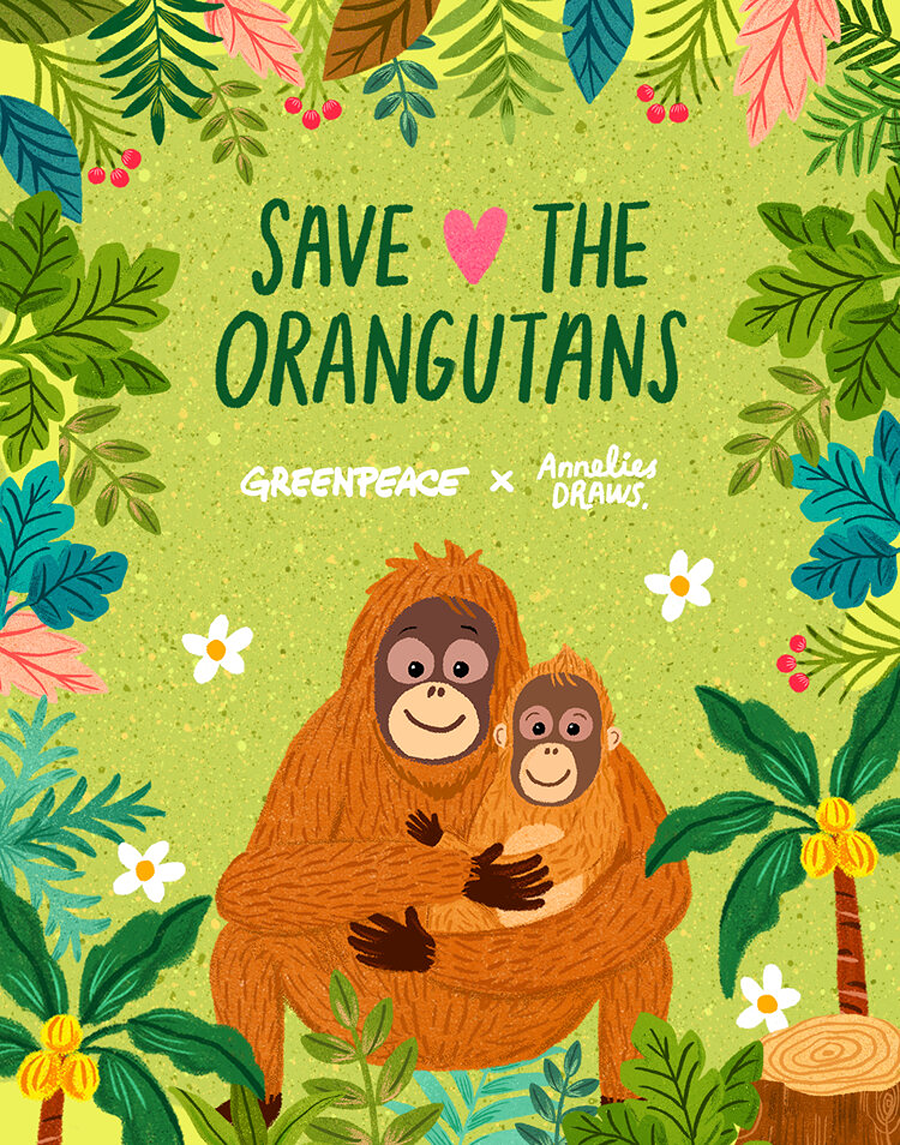
There are many reasons to give up palm oil. The main one is that orangutans (our closest cousins) are at danger of extinction, due to this cheap saturated fat oil being shipped thousands of miles to put in junk food. It’s not needed – we can instead support local farmers by purchasing rapeseed oil. There is no such thing as ‘sustainable palm oil’ (a self-policed term used by big industry to try to justify the use of a cheap oil flown here, because they won’t pay for better alternatives). Other species at risk of their old-growth homes torn down to build cheap palm oil plantations are Sumatran tigers and rhinos – moon bears are also at risk.

